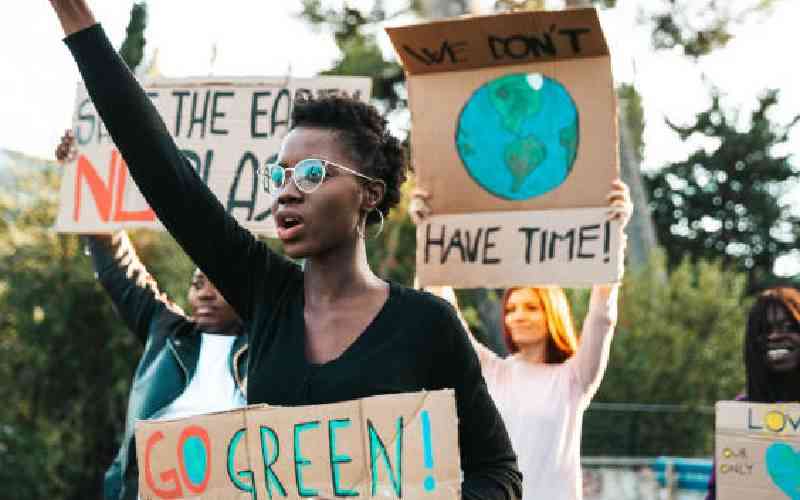×
The Standard e-Paper
Smart Minds Choose Us

Climate is one of the most uniting cross-cutting issue facing the planet, with leaders regardless of sector or religion, level of development agreeing on the need and urgency to take action.
Why then are we not seeing commensurate progress beyond the conferences and papers? It's time to ditch the old ways and embrace a new path that creates jobs, fosters inclusion, justice and builds a better future.